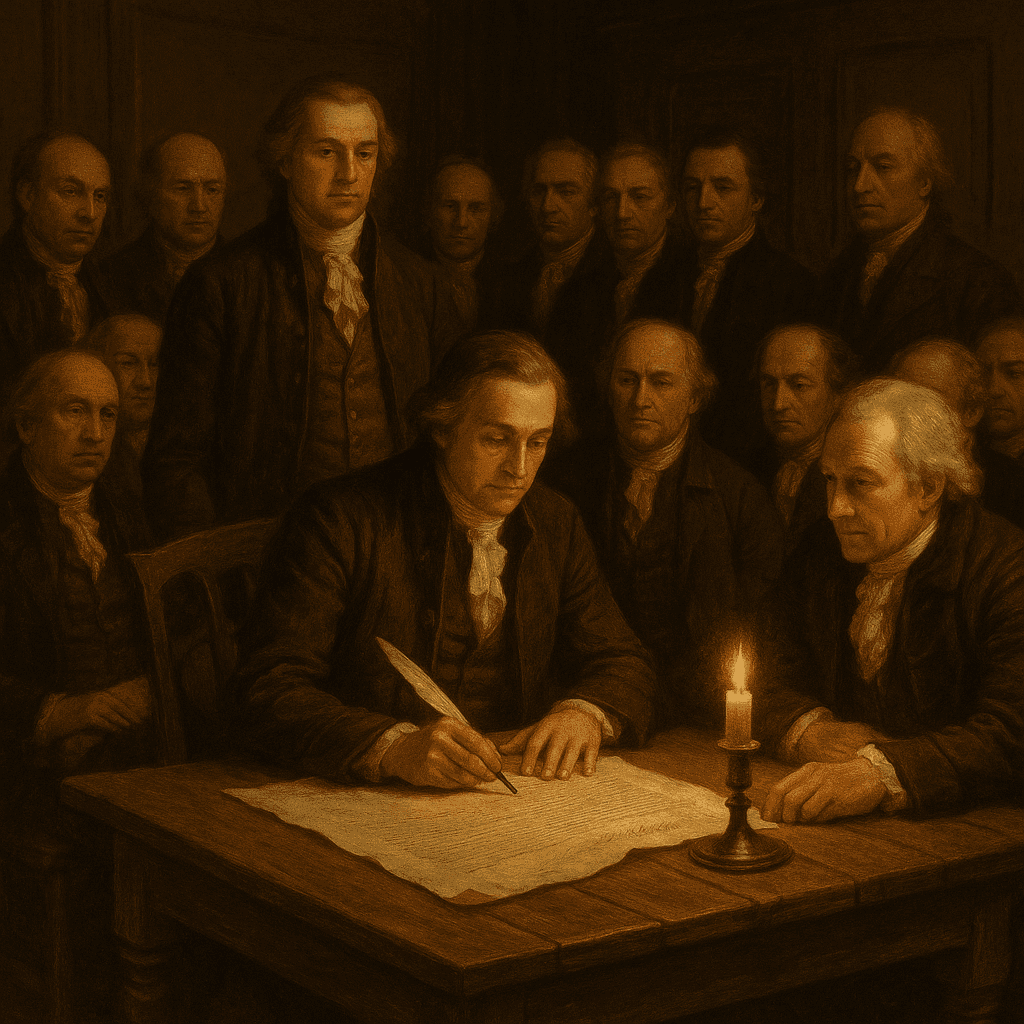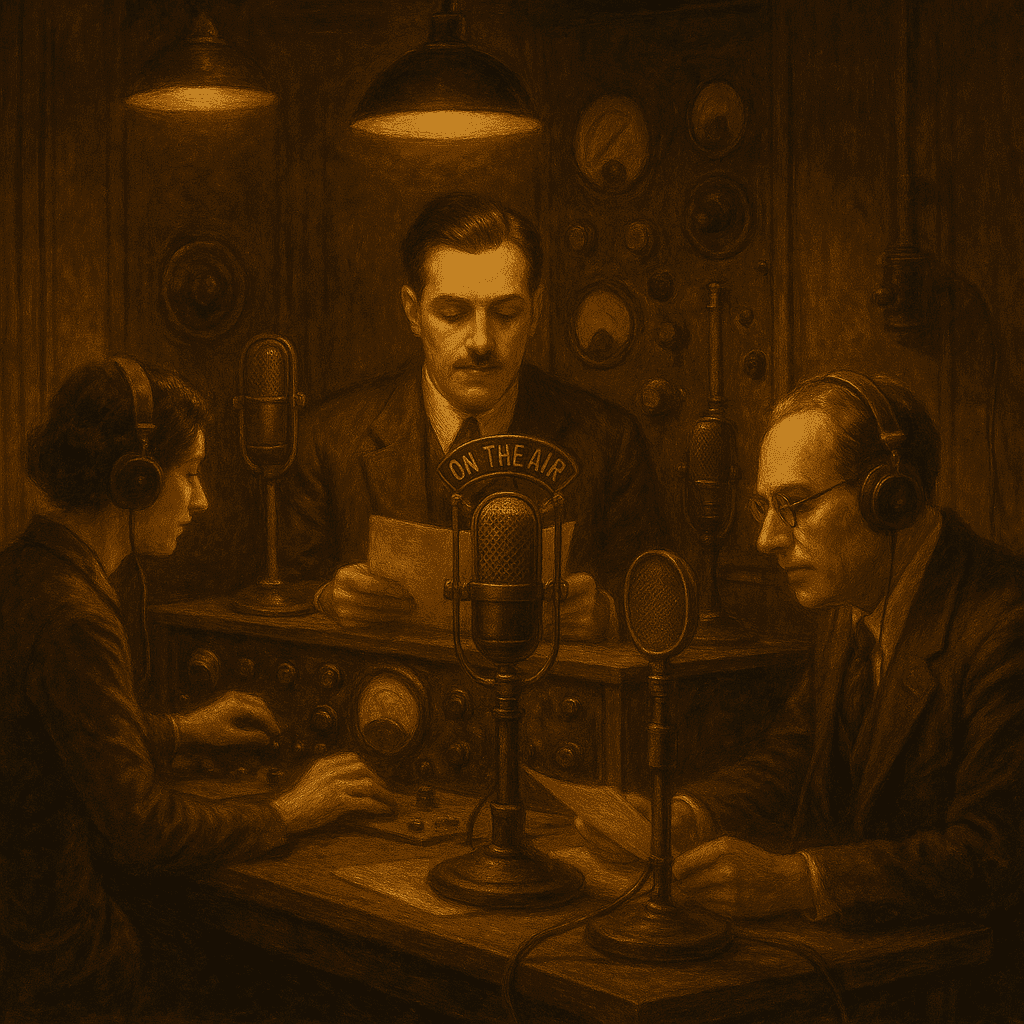November 15: Foundations, Freedom, and the Airwaves
From the halls of revolution to the heart of democracy and the rise of modern media, November 15 marks moments when societies reinvented themselves. On this day, the United States sought unity through its first constitution, Brazil traded empire for republic, and America's airwaves came alive with the creation of NBC—each shaping a new way to connect and govern.
The First Framework for Freedom
On November 15, 1777, the Continental Congress adopted the Articles of Confederation, a bold attempt to bring the newly independent American states under one guiding system. Born in the midst of war, the Articles were designed to preserve the sovereignty of each state while fostering cooperation against external threats. They established a loose confederation—more alliance than nation—with Congress as the central body but little executive authority. It was a fragile balance between unity and independence.
While the Articles helped hold the young republic together through the Revolution, they soon revealed deep flaws. Without power to tax or enforce laws, Congress struggled to fund the government or manage disputes among states. Yet these growing pains proved essential. The experience under the Articles taught the founders valuable lessons about governance, paving the way for the U.S. Constitution—a more enduring framework for freedom—ratified just over a decade later.

The Fall of Brazil's Monarchy
More than a century later, on November 15, 1889, Brazil's destiny shifted dramatically as the monarchy was overthrown and the nation declared a republic. Emperor Dom Pedro II, beloved by many yet increasingly out of step with the changing times, was deposed in a nearly bloodless military coup. The movement reflected the growing influence of republican ideals, fueled by resentment among the military, intellectuals, and middle classes toward the imperial system.
The creation of the Brazilian Republic marked a profound moment of transformation. While early years were marked by political instability, the new republic symbolized a break from colonial traditions and a step toward self-determination. The shift opened the door for modernization, industrialization, and democratic reform—though these ambitions would unfold unevenly in the decades that followed. Still, November 15 remains celebrated in Brazil as Republic Day, honoring the moment the country took control of its own future.

The Birth of Broadcasting
On November 15, 1926, a new kind of revolution crackled to life through the radio waves. The creation of the National Broadcasting Company—NBC—marked the birth of the first major radio network in the United States. Founded by the Radio Corporation of America (RCA), NBC linked dozens of local stations into a unified network, allowing listeners from coast to coast to hear the same news, music, and entertainment in real time. For the first time, America was tuning in together.
NBC's rise transformed the nation's cultural landscape. Radio became a shared experience, shaping public opinion, creating national celebrities, and connecting people across geographic and social divides. It also laid the foundation for modern broadcasting—from television to the digital networks of today. What began as an experiment in communication became one of the defining forces of the 20th century, proving that information could unite a country just as powerfully as any document or revolution.
